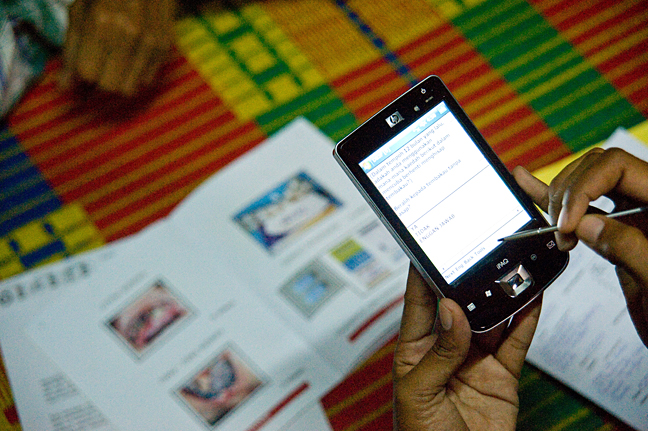You are here
If You Can Measure It, You Can Change It
 Over the last seven years of the Bloomberg Initiative to Reduce Tobacco Use, we have followed the axiom that “public health problems that can be measured can be changed.” Monitoring an epidemic helps to determine the scope of a problem and identify the appropriate intervention approaches.
Over the last seven years of the Bloomberg Initiative to Reduce Tobacco Use, we have followed the axiom that “public health problems that can be measured can be changed.” Monitoring an epidemic helps to determine the scope of a problem and identify the appropriate intervention approaches.
We’re finding this axiom to be true in the global fight against tobacco use—a problem representing one of the most preventable causes of premature death and disease in the world, killing nearly six million people annually.
The Bloomberg Initiative to Reduce Tobacco Use is the world’s largest coordinated effort to reduce the harm caused by tobacco globally. Launched in 2007, the initiative works through coordinating partners to implement the World Health Organization’s (WHO) MPOWER package of six tobacco control strategies proven to reduce tobacco use.
Recently, the first peer reviewed supplement about the Global Adult Tobacco Survey (GATS), funded through this initiative, was released in the journal Global Health Promotion. The supplement’s five articles provide important insights into the work to quantify and address the global tobacco issue:
- Methodology of the Global Adult Tobacco Survey—2008–2010
- Exposure to anti- and pro-tobacco advertising, promotions or sponsorships: Turkey, 2008
- Tracking MPOWER in 14 countries: results from the Global Adult Tobacco Survey, 2008–2010
- Exposure to secondhand smoke among adults—Philippines, 2009
- Prevalence of tobacco use among adults in Egypt, 2009
In the Bloomberg Initiative to Reduce Tobacco Use, the CDC Foundation has partnered with four other global partners to determine the prevalence of adult tobacco use in the developing world, raise awareness about the significance of the problem, increase tobacco taxes, protect nonsmokers from exposure to other people’s smoke and help people quit. The donors for this initiative include Bloomberg Philanthropies and the Bill & Melinda Gates Foundation. The partners include the Centers for Disease Control and Prevention (CDC), WHO and a number of other organizations across the globe.
Importantly, the work on GATS—which has been completed in 19 countries to date, covering more than 750 million of the world’s adult smokers—will continue. We thank the Bloomberg Initiative to Reduce Tobacco Use for sponsoring this critical effort.